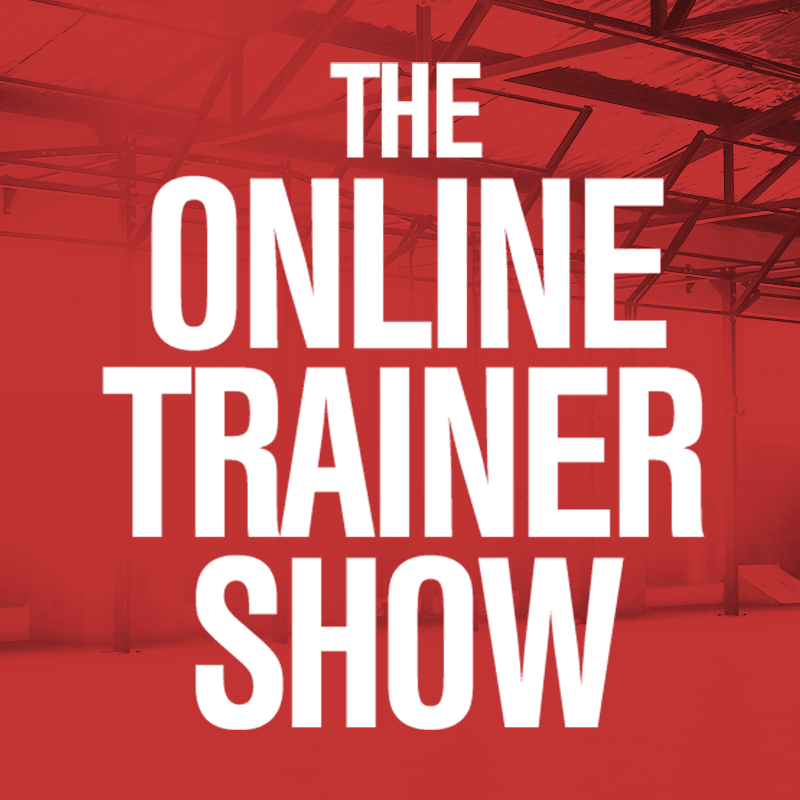Creating a package to market to clients can feel overwhelming. Coaching calls, assessments, and program design can eat up serious chunks of your time.
The answer? Reverse engineering.
Let's dig in.
Reverse engineering your programs
You aren't going to be able to design an effective package if you don't know the problem you're solving and the group you're targeting.
Once you know the group you want to target with your program, it's time to dive into what they need to get results. This isn't just about understanding your target market's physical needs. You'll also want to think about the life issues that may be holding them back from achieving their goals.
For example, if your target market tends not to be handy in the kitchen, tackling a monthly cooking skills workshop can help your clients get where they want to be. Another example: sending small gifts or care packages to clients. Monthly gifts specific to their needs show them you care, and allow you to use your expertise in a way that affects their lives beyond the time they spend working out.
Putting the personal in personal training
Anyone can follow a nutrition or workout plan, and if they stick to it, they're likely to get a decent result.
We're the missing link for most people—we understand what they need, and we work with them to figure out what's been missing in the past. This is the reason it's so important to find out why previous programs haven't worked for clients.
Less is more
Communication is also key, but remember—less is more. You don't need to tell a client every detail of their package. Choose a few key points to stress, and keep it simple.
The more detail you give clients, the more reasons they'll find not to purchase your program. Clients want to know that you'll solve their problem, but they don't need to know every small step that you're going to take to get them there.
When you're creating a coaching program for a client, you won't know exactly what their needs are until you get to know them. They'll likely need small, incremental changes, and you'll need time to develop suggestions that are realistic for them.
We're trainers—we get excited about what we offer, but not everyone feels the same way. We don't need to overwhelm potential clients with minute details—we just need to talk about how their lives will be changed at the end of the program.
Get specific with your marketing
Remember, it's okay that your program won't appeal to everyone. You're looking for a specific market with a specific need. Your future clients will be more likely to reach out to you if they feel you have something that was designed with them in mind.
Never miss an episode
All episodes are available to subscribe and listen to on iTunes, Spotify, and Stitcher. You can also subscribe and watch it on YouTube.





